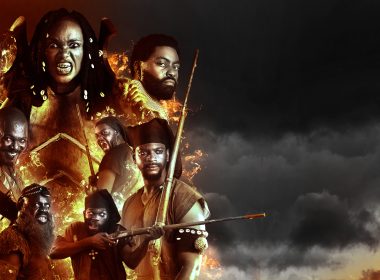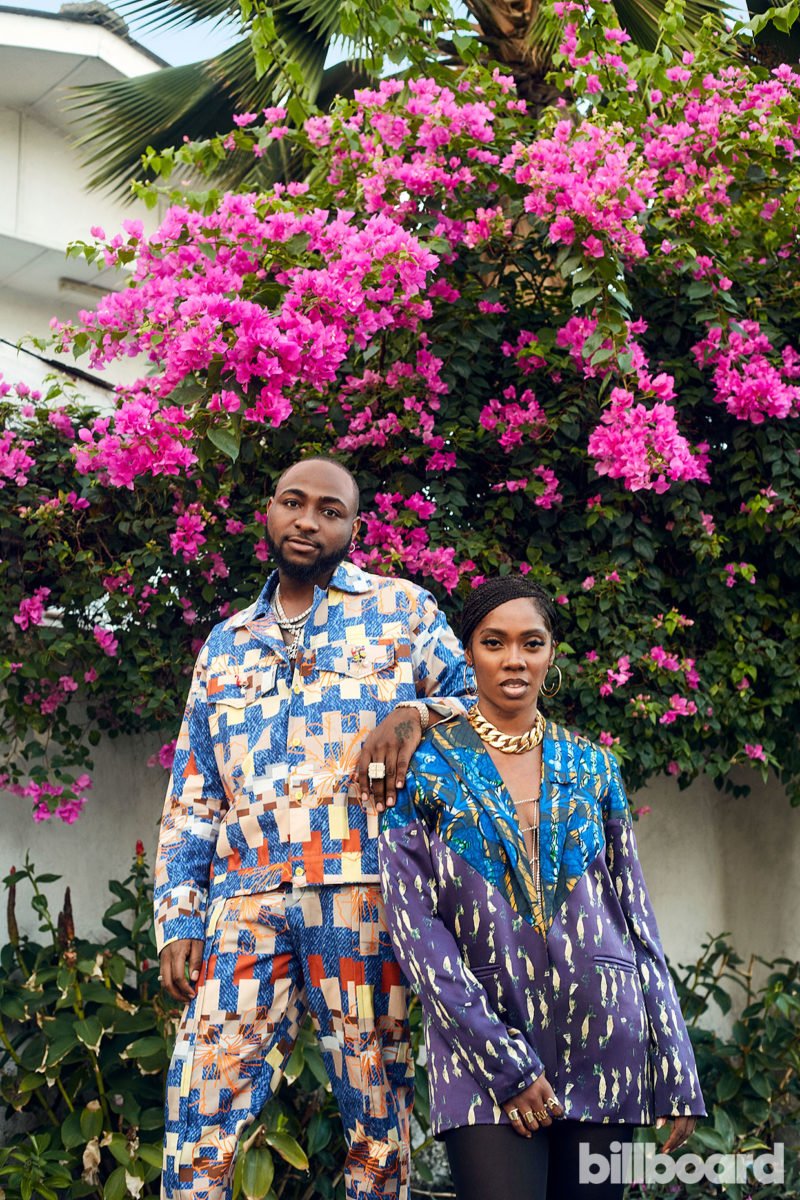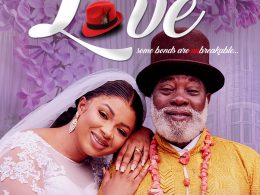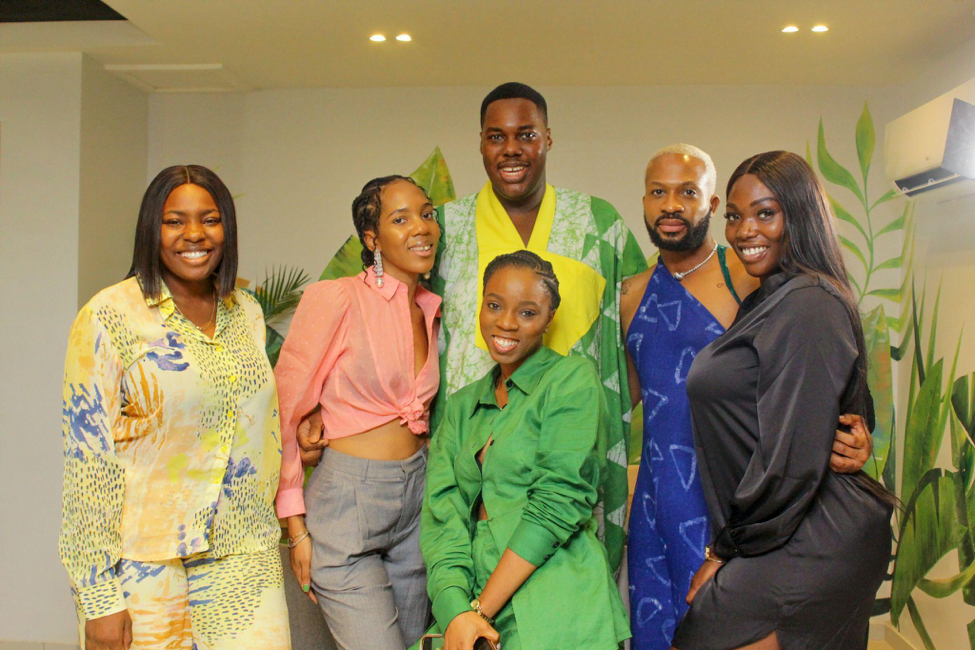As the industry buzzes with and profits from new languages and sounds from all over, the prospects for artists across the continent have never been brighter or more numerous. There have, of course, always been African superstars from Miriam Makeba to Hugh Masekela to Fela Kuti — as well as great respect for the continent’s music, thanks to projects like Paul Simon’s iconic 1986 album, Graceland, which famously put Ladysmith Black Mambazo and others on the international map. But despite major-label deals, chart successes and eye-popping sales figures, African artists have often been siloed from the popular music landscape, segregated under the “world music” banner or viewed as Africans first, artists second.
During a late afternoon in early May, the three artists joined Billboard for a video conference to speak candidly about the opportunities African artists have now, the stereotypes they still face and how they’re staying true to their culture as they bring a slice of Africa to the rest of the world.
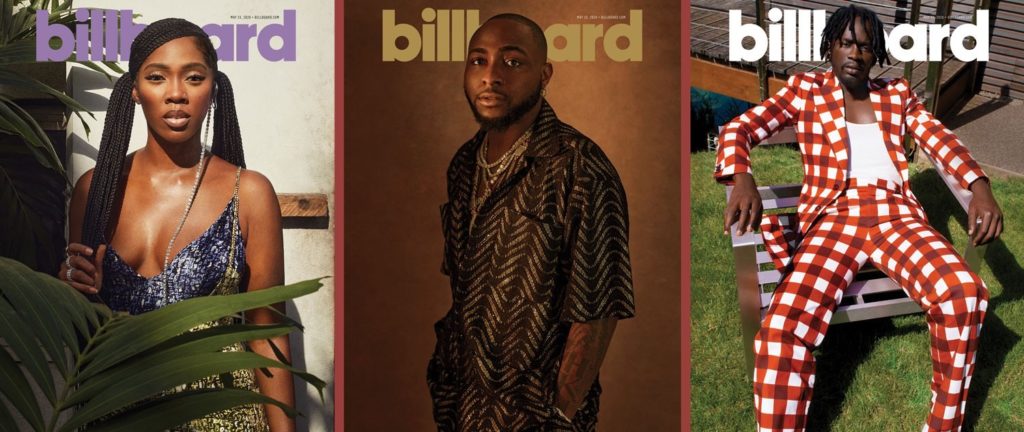
How have you been adjusting creatively and personally to life during the pandemic?
Davido: Man, it’s been crazy because my fiancée actually tested positive [for COVID-19 but has since recovered]. I was on tour in America, with six shows done and 19 sold-out shows left. We were in Denver sitting in my hotel room listening to the news. We looked at each other and said, “Yo, let’s just tell ourselves the truth: It’s about to be a wrap.” New York had put a cap on shows at 500 [people], then 200 the next day and down again the next. So we all came back home and did the test. My fiancée was in London with the baby. She’s the only one that came out positive. She had to isolate; I had to isolate. I did two tests after that, and they came out negative. I just got back home [to Lagos] a week ago. Since then I’ve been recording.
Savage: At first it was kind of difficult for me to get my head around. I had a tour planned, a bunch of festivals lined up. When it finally dawned on me that those weren’t going to happen this year, it made me wake up and realize how fragile life is and how we take it for granted. So I’ve been spending time with my son and speaking on the phone more with my family. More importantly, I’ve been giving out food to people around my neighborhood. I can quarantine for a month or couple of months, but some of these people don’t even have food for tomorrow.
Eazi: I’m 19 minutes out of London, living in a small community and finally getting back to jogging. But musically, it’s been an eye-opener for me. During this lockdown, I’ve not recorded any new music. But I’m on Zoom calls almost the whole day working on my business or [talking] with one of my new artists, listening to records and setting up release plans. I thought I would have been frustrated by not being able to go out of the farm. But I’ve always been an entrepreneur, so this has been a next-level step for me in terms of investing more of my time and resources toward my business.
What factors have been driving the industry’s investment in Africa in the past few years?
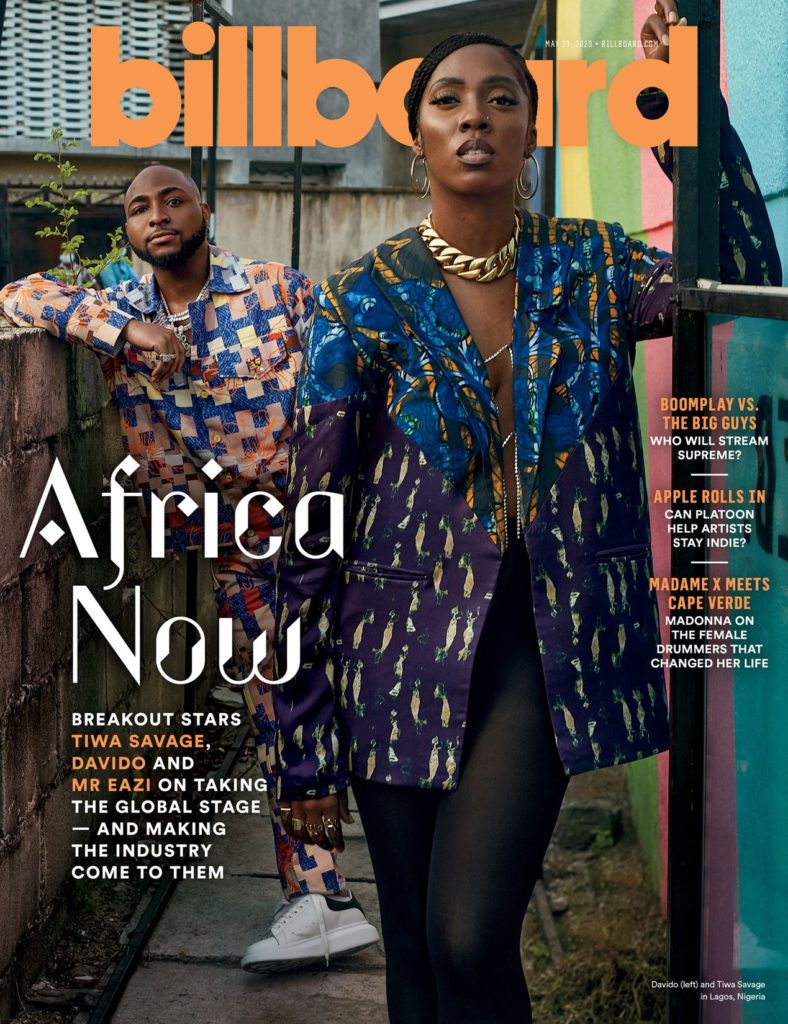
Savage: One of the main reasons is that social media and tech have made it a lot easier for people to access our music. When I lived in London [she moved there with her family at age 11], African music and culture weren’t cool. In fact, it wasn’t cool to be African. When music came out in Africa, it would sometimes take a year for people to get the mixtapes. So by the time we were hearing the music abroad, it was already old back there. With social media, we’re able to connect instantly with fans. That has made the music travel a lot faster and a lot wider. And it’s great music.
Davido: That’s the most important thing: The music is amazing. The feeling you get from Afrobeats and African music is just different. When I was in school in America and would play African music, people would say, “Yo, what’s that? That shit’s hard.” They didn’t understand what the artists were saying, but the feeling they got [from the music] was just crazy. People have always loved African music, but we didn’t have the avenues to go worldwide. Back then, you actually had to have an African friend or come to Africa to experience it.
Eazi: There’s also a general wind of appreciation now for what being African is about: “Hey, I’m African, it’s great to be African, and we’re flaunting it.” When Davido is singing, he’s talking about things that are very particular to his culture. It’s also the same when Tiwa sings. Back in the day, even in the villages you’d hear people singing. Céline Dion. But now people are playing 99% Nigerian music because that’s what’s hip.
Everyone is waking up because of what’s happening. One of the biggest music streaming platforms in Africa is [owned by Chinese company] Tencent. Last year, loads of people from across the world went to Ghana for the Year of Return [the country’s 2018 initiative to encourage African diasporans to move to Ghana and invest in the continent]. It’s not politics that’s bringing people here. It’s art and young business people.
Do you still encounter stereotypes about Africa abroad?
Davido: Some people are still not fully educated about how life is here. I did an interview in Los Angeles a couple of months back and the dude was just so ignorant, basically asking if Afrobeats is a phase. The only way to understand is to come and see for yourself. When most people come down here, they’re both surprised and disappointed because for their whole lives they’ve had a different idea of what it’s like. Like everywhere else, there are good parts and bad parts in Africa. There are places even in America that look worse.
Savage: It was a lot worse before, when people literally thought we lived in trees. That was a big misconception. But it’s changing as people see pictures via social media when people visit places like Ghana, Tanzania, South Africa and Zimbabwe. Nothing beats that experience when somebody actually lands in Africa. And it depends where in Africa, because it’s a continent and not a country.
Others think that maybe Africans don’t speak English or it’s not our first language. So they’re surprised when they hear us singing along to J. Cole, Future or whoever. They’re also surprised at how up to date we are with the rest of the world — in music, fashion, everything. When you come to Nigeria, you’ll experience the beauty of Africa, but you’ll still feel like you’re somewhere in New York. We’re still maintaining our identity and culture.
Eazi: The misperception I always run into is one of general ignorance: people classifying all music coming out of Africa as Afrobeats. To drive from Lagos to Accra is a nine-hour drive. In that journey, you pass through Benin and Togo. Even within those two countries there are a lot of different tribes, the language and culture are as different as the rhythms and BPMs of the music. You can have a hit song in Nigeria, but it won’t be a hit in Ghana.
I didn’t go to America until I was 20-something. What I’d known of America was what I’d seen in music videos and movies. To see homeless people in places where it was cold and freezing — it was the first time I experienced that.
Eazi, you’ve been independent since the start of your career, while Davido and Tiwa are signed to major labels. Why go that route?
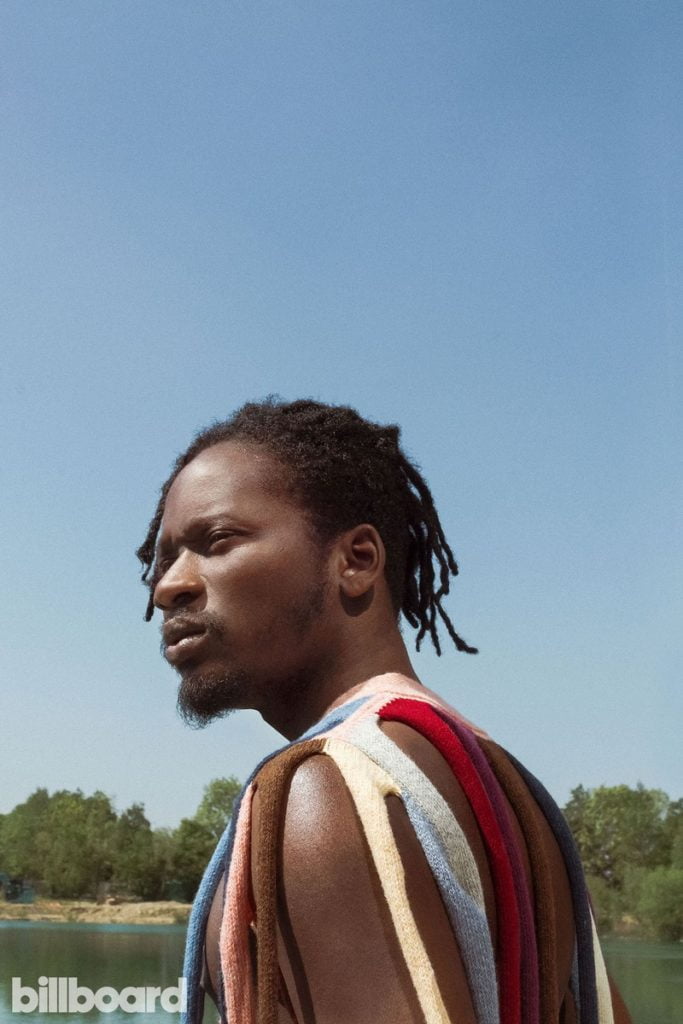
Eazi: I began doing music full time on July 22, 2016, here in London. I feel like I was lucky because people like Davido, Tiwa and Wizkid had laid the foundation for the Afropop renaissance. But at every point along the way, I’ve asked myself: Do I stay independent, or do I sign to a bigger label with a bigger team? Do I plug into that machinery to solve my financial goals, or do I keep investing in myself, which is obviously riskier? I remember dropping my last project and having to take from my personal savings to do a global campaign and tour. When I look back, I have no regrets. I’m a junkie in the sense that the risk is thrilling to me. And now for the first time, I can see an ecosystem building that’s also giving a chance for other artists.
Davido and Tiwa, what drew you to the major-label path?
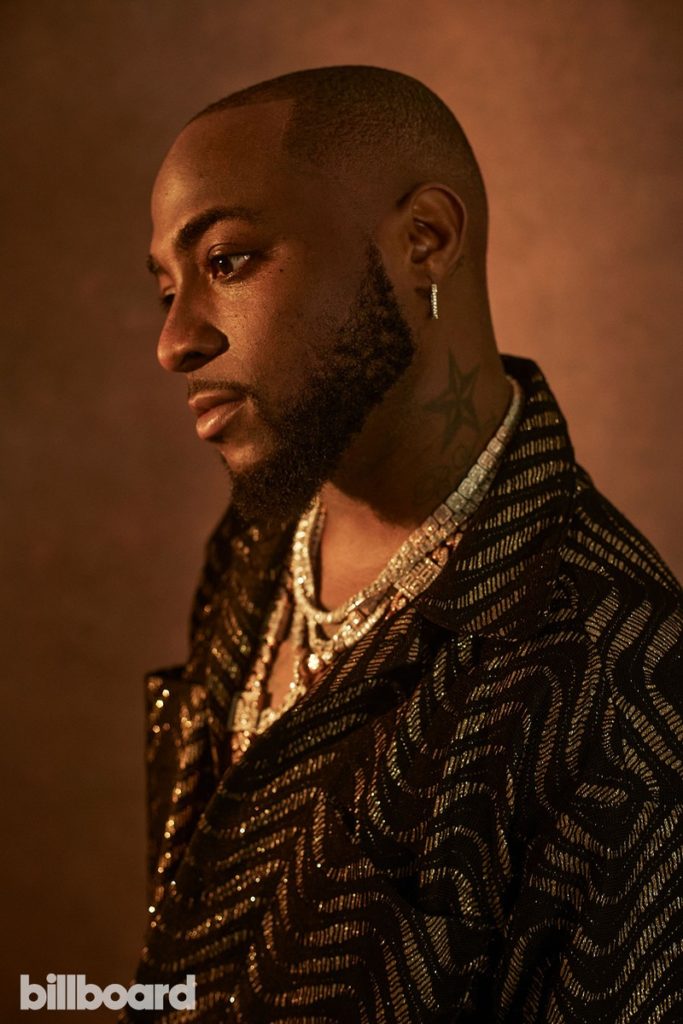
Davido: When I got my deal, it was very, very early in the transition of Afrobeats to the U.K. and then to the U.S. Before signing the deal in 2015, I was perfectly fine. It wasn’t something that I needed, as I’d been successful prior to that. But then I was like, “Fuck it, let’s take the risk! I basically have nothing to lose, as I’ll still be able to do my thing in Africa.” But a year after signing, the vision I’d had then didn’t come into play. I felt like I had dropped the ball because people were trying to make me sound different.
I really had to put it in [the label’s] head that the sound I was talking about was the sound that was going to pop, not the sound the guys there were trying to make us do. So me being stubborn, I came back to Nigeria from L.A. and started making the music I wanted to make. “If” was my first record that really blew up. At the same time, other artists began dropping [Afrobeats] music as well. Then Wakanda [the futuristic, fictional country featured in the 2018 film Black Panther] came and everyone wanted to be African. The process for making people believe in this culture wasn’t easy. I’m just happy that everything paid off in the end. All the labels are out here now in Nigeria, Ghana and South Africa looking for talent.
Savage: I still act like an independent artist even though I’m signed to a major label. I think all of us [signed to a major] do. I think labels still don’t quite understand how to sell Afrobeats. And they haven’t really put their machinery behind the genre yet.
A lot of times when we drop a record, it’s put on playlists like [Spotify’s] African Heat. We already come with huge followings. I look forward to when we’ll be on the same playlists as Billie Eilish or Justin Bieber. Give us that kind of global campaign — treat Afrobeats like a pop record and not a tastemaker record or something that cool urban kids in the diaspora listen to. How often do you see an American artist get signed and he or she already has 5 million followers on their own? Even 1 million? And you don’t want to give them the same push as Bieber? If [African artists] even had 25% of that push, Davido and Eazi would be billionaires. That’s the vision I want for Afrobeats. They haven’t even begun to scratch the surface. But when they do, it’s going to explode. What we’re enjoying now is the blood, sweat and tears that we’ve been putting up as individual artists.
With the scene heating up, are African artists commanding equitable respect dollarwise?
Davido: I’m getting my fair share now. (Laughs.)
Eazi: The amount of respect has grown. I remember my first deal in 2016 was 400,000 pounds [$522,068, adjusted for inflation] for three albums. It’s becoming more evident that the numbers are rising. I was about to sign a huge label imprint deal in 2018 for about $6 million but didn’t. Now I’m having a different conversation with the same people.
Once the Internet becomes cheap in Africa, then you’ll see. That’s when we’ll be able to get our fair share in terms of recognition and revenue. Africa has a population of over 1.2 billion. When you see a Davido song with 100 million views, just know that the real view count is like 900 million because there are a lot of people who don’t have the money to pay for the internet, so they’re watching via untrackable means.
Tiwa, have you encountered additional challenges as a female artist?
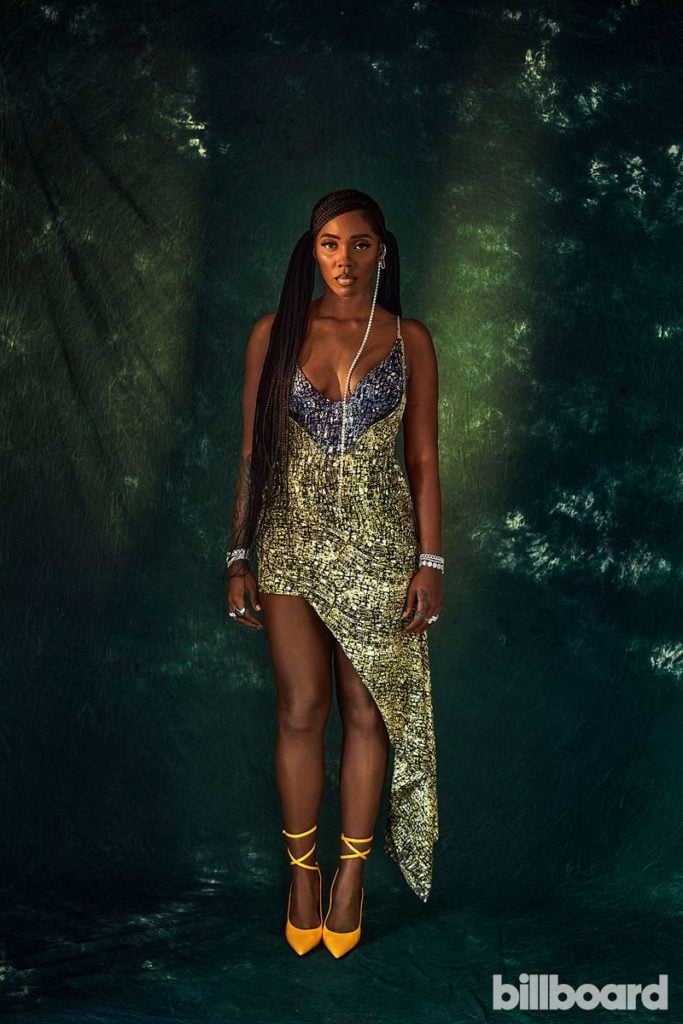
Savage: A lot of people in Africa still have the idea that a woman has to be submissive, stay at home and be the wife and mother. Don’t get me wrong. Those are great morals to keep. But I think the modern African woman, the modern black woman is being limited. We can do both. You can have a successful full-time job, you can be strong and vulnerable at the same time. That’s the message I’m trying to put across. So when you see my videos or see me on the red carpet, don’t think I’m not at home cooking for my son or helping him with homework when I’m not doing shows.
Beyond Afrobeats, what other styles and artists should the industry be looking at in Africa?
Savage: Don’t tell them, Eazi! (Laughs.) I’m kidding. Because Africa is so big, I think everyone is still trying to figure it out. Even in Nigeria, you have artists like [alt-folk songwriter] Johnny Drille, Flavour [who fuses highlife, R&B and hip-hop] and [Afropop singer] Rema, as well as the three of us. It’s just weird how everything is being categorized as Afrobeats.
Eazi: Between Tiwa, Davido and myself, we don’t make the same kind of African music. But beyond that, there’s so much to know. I just jumped on a record by George Kalukusha, a new artist I signed from Malawi. There’s something traditional to his music, but it also sounds like folk. I didn’t know people in Malawi are listening to this kind of music.
Davido Eazi, the ones you cannot sign, send to me! (Laughs.)
Eazi: I’ll send to you, no worry! But this just shows that music is different everywhere in Africa. I don’t think there has been a proper profile yet of what’s happening on the continent. But it’s all good. Maybe like Tiwa said, we want to keep our Wakanda secret.
Savage: People just need to get on the train. This isn’t a fad. With 1.2 billion people, we’re not going anywhere anytime soon. We’re here to stay.



